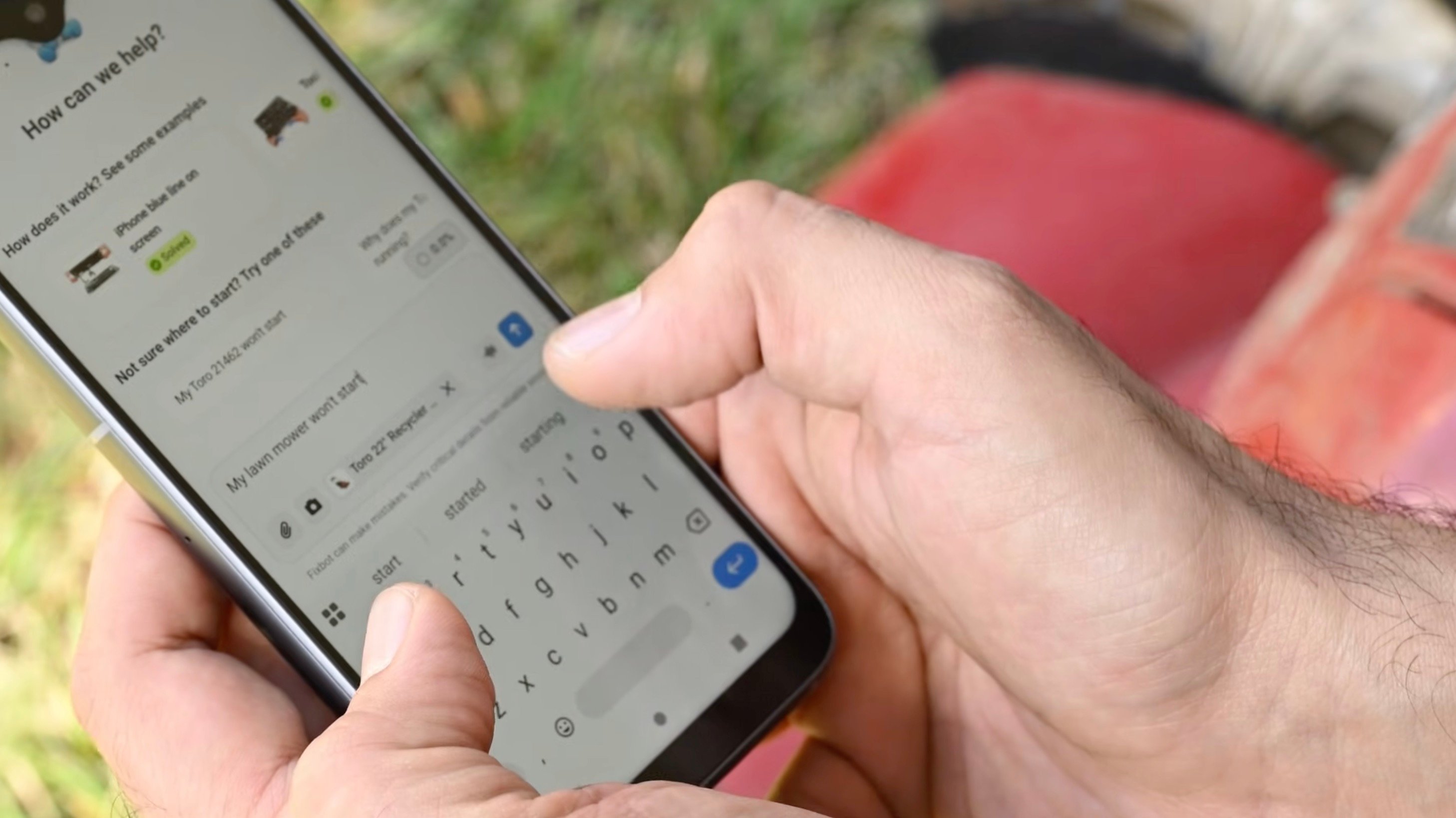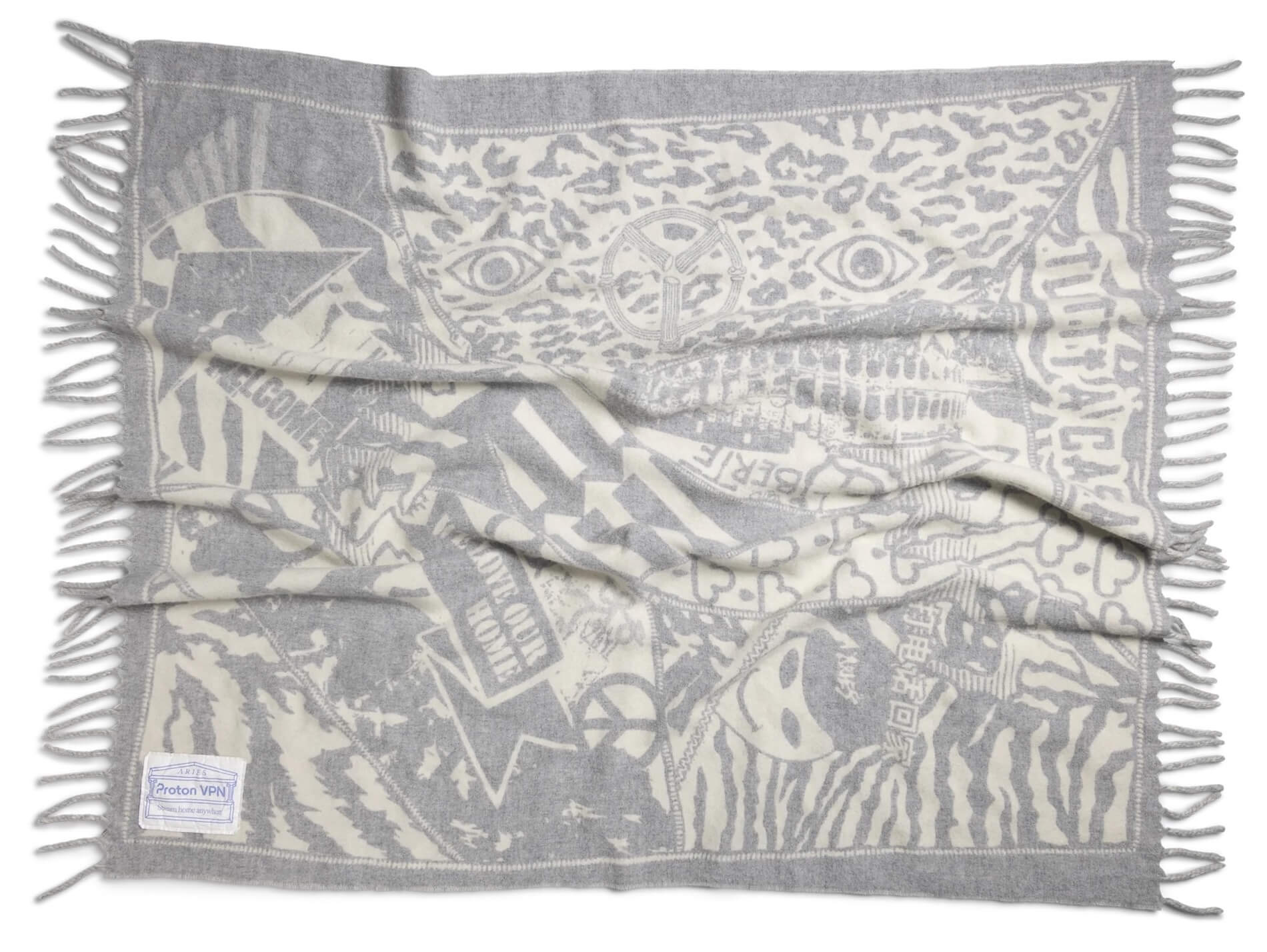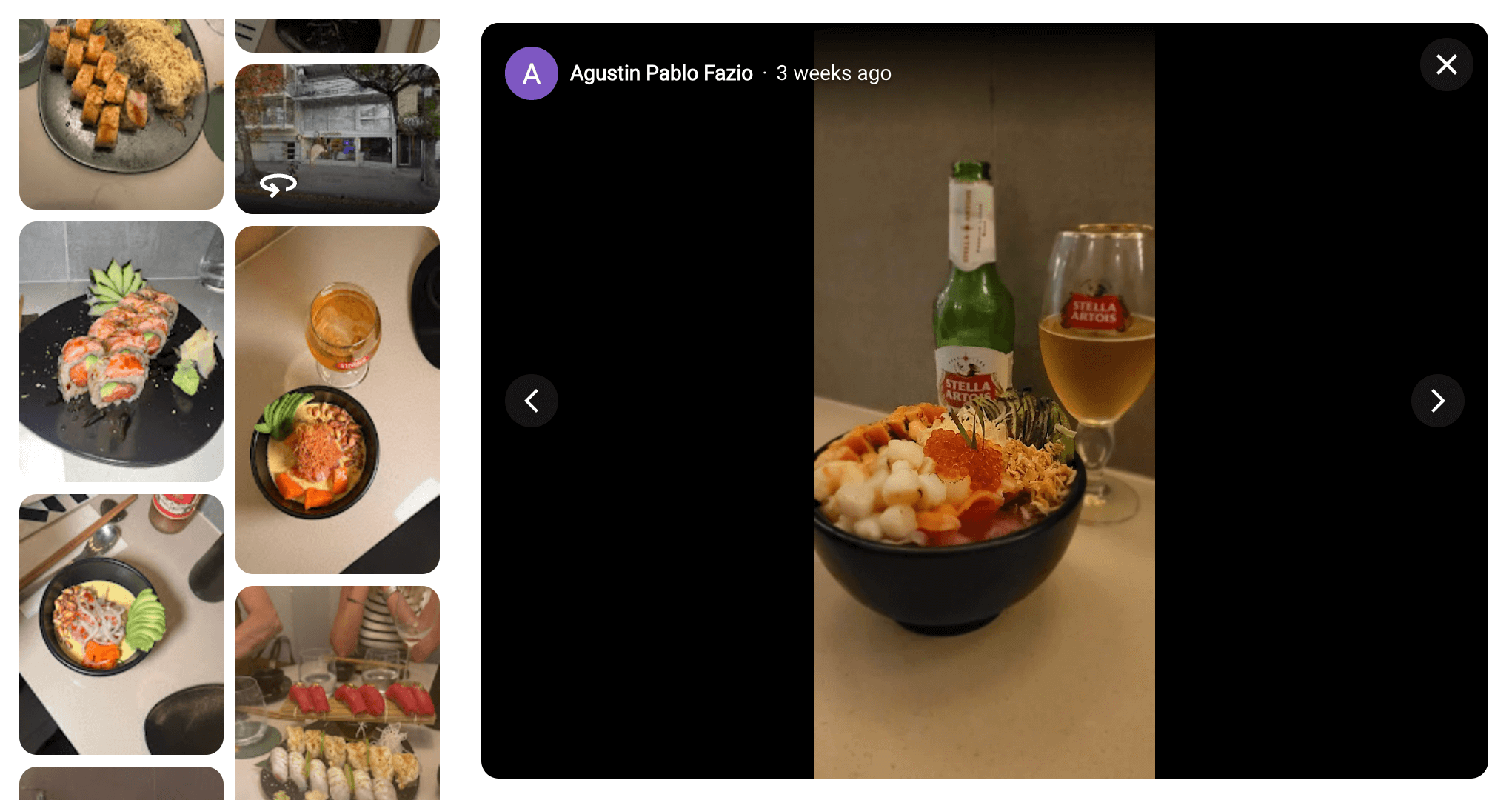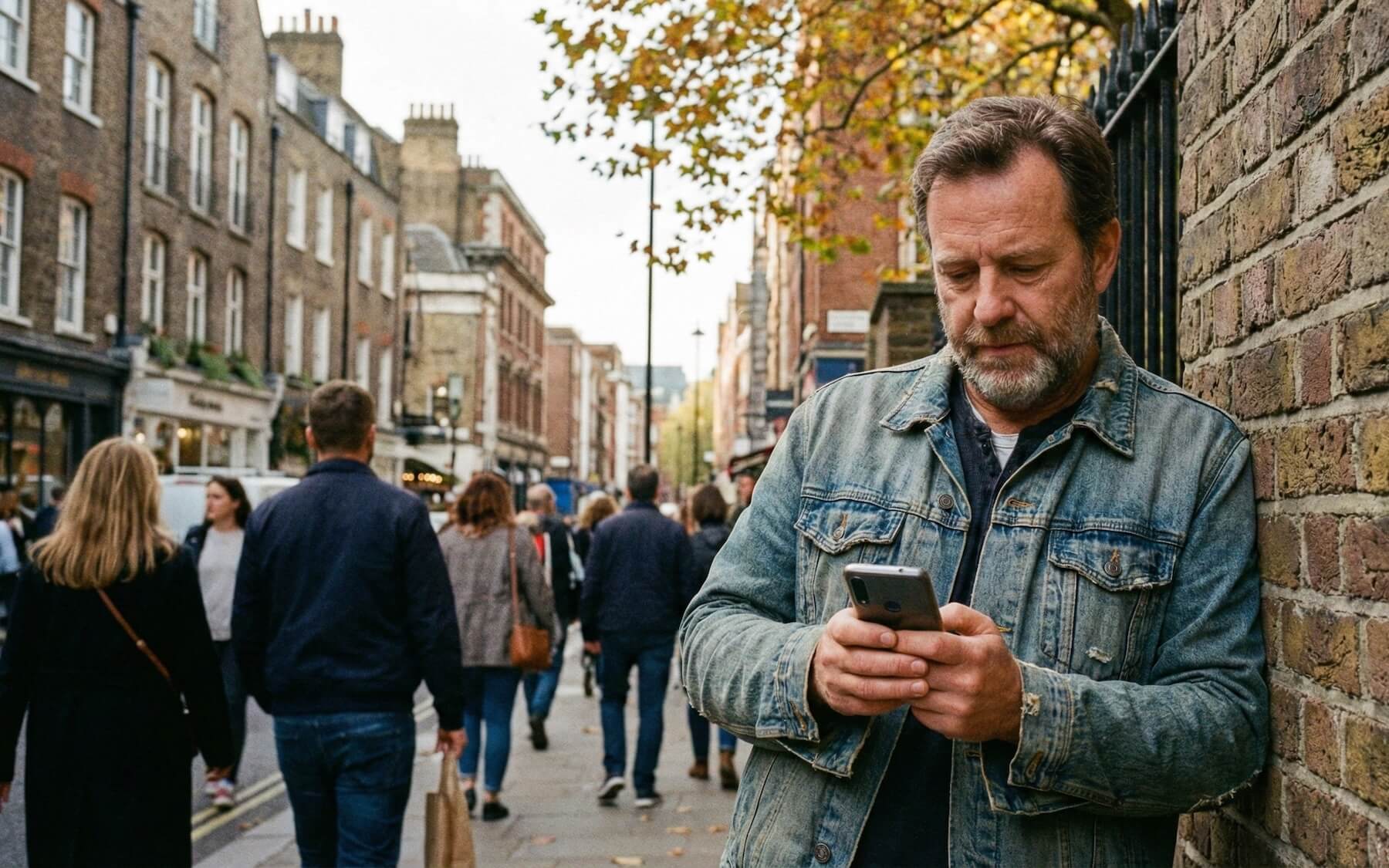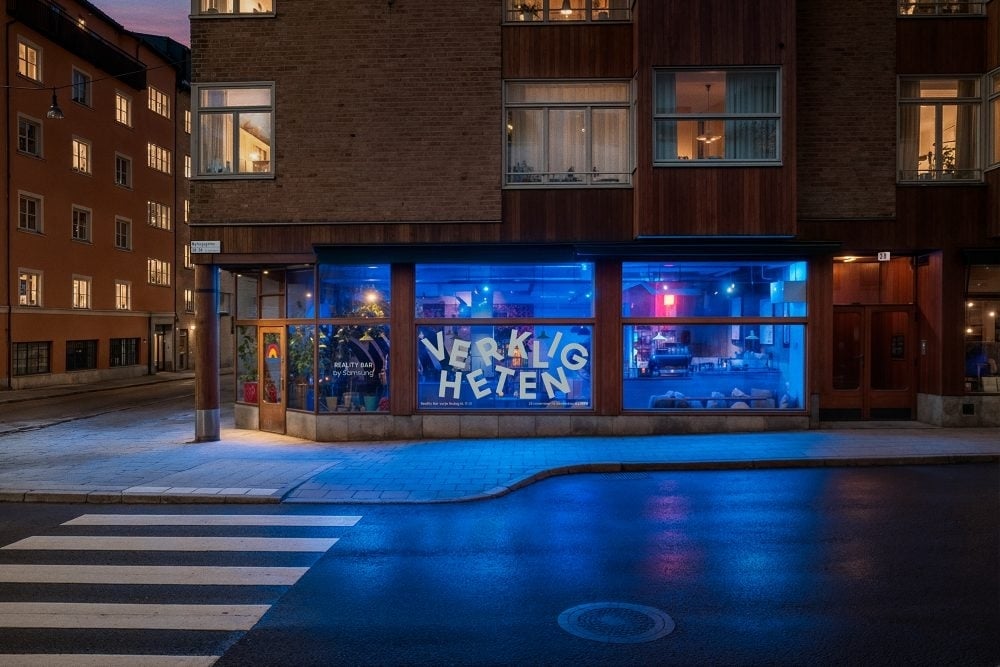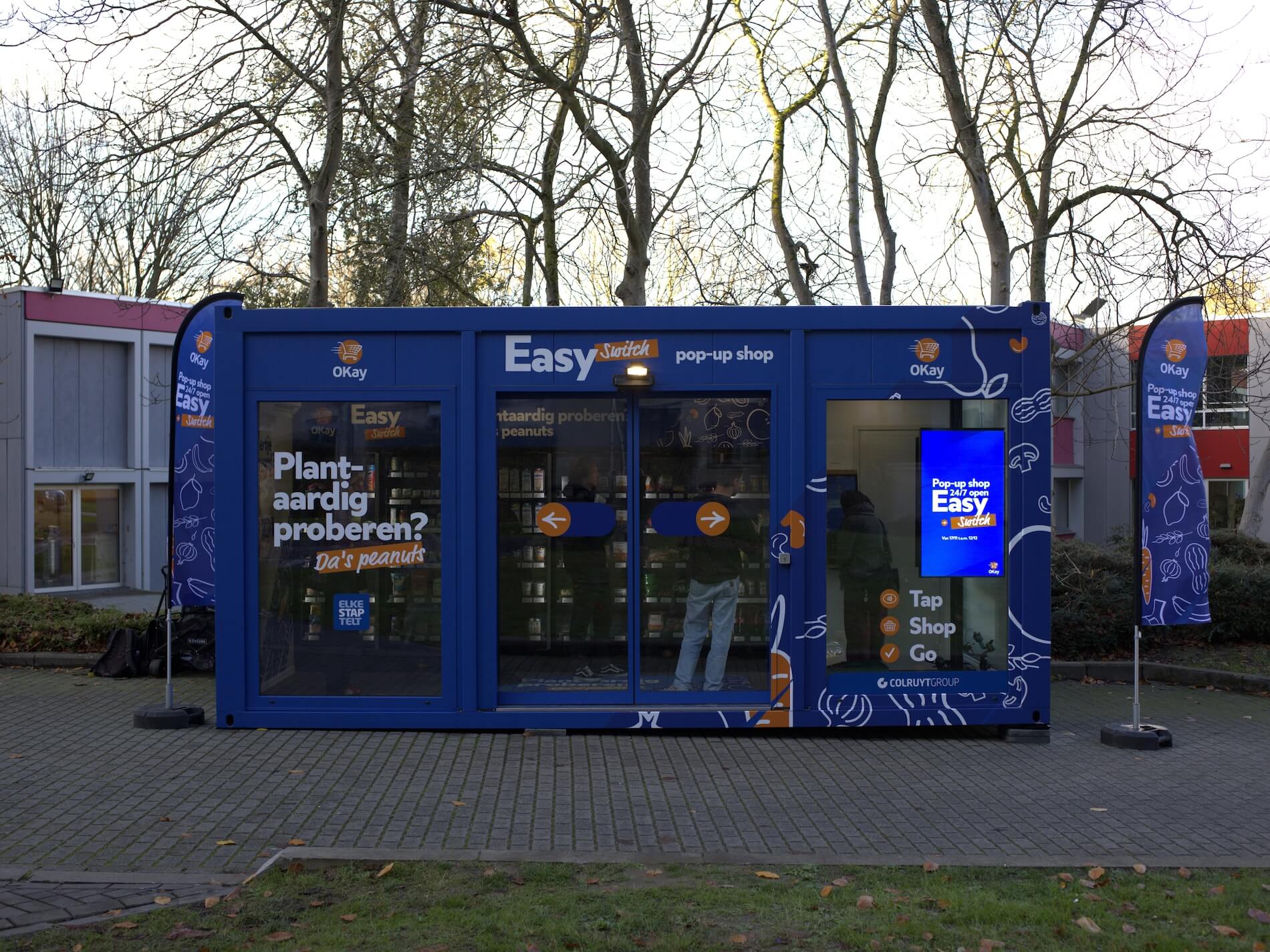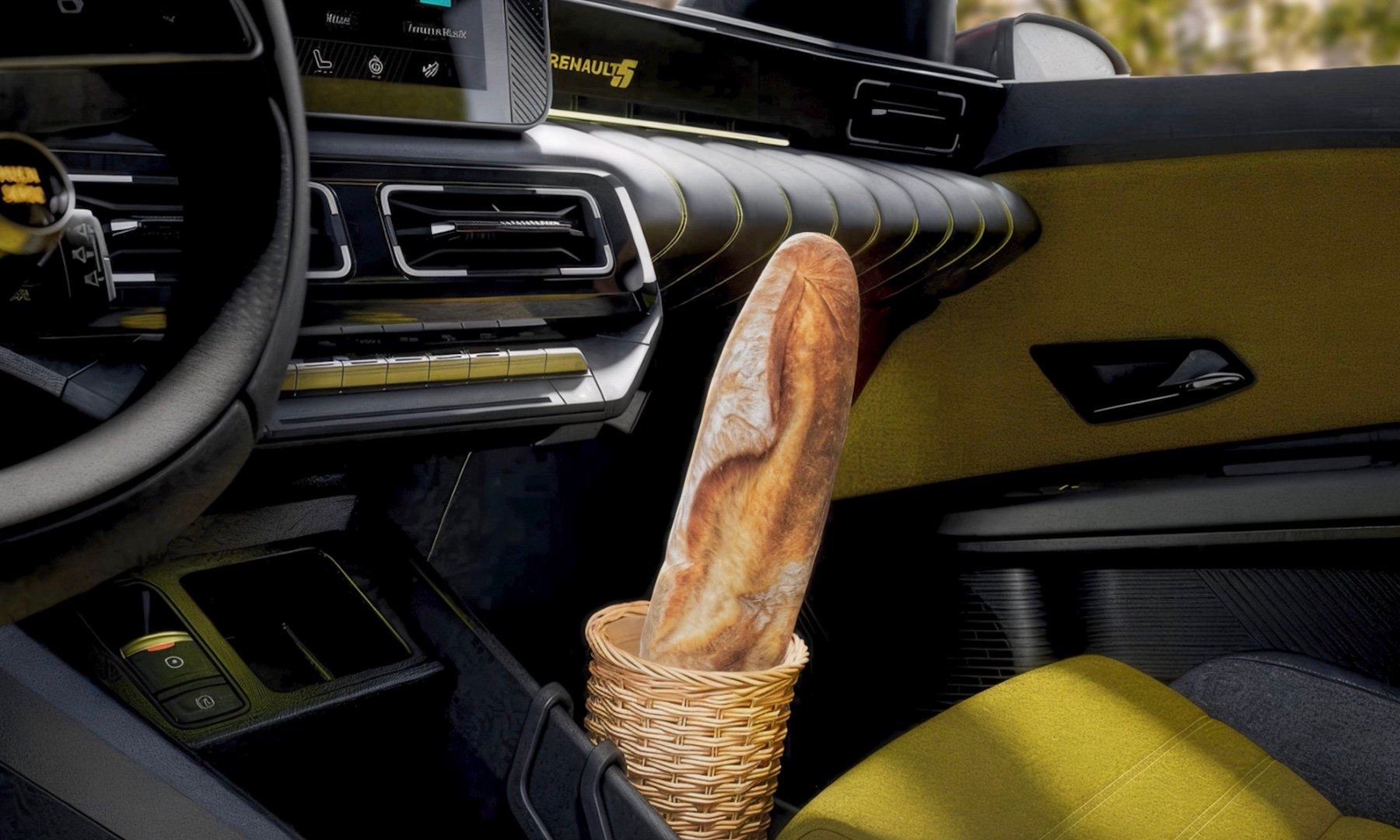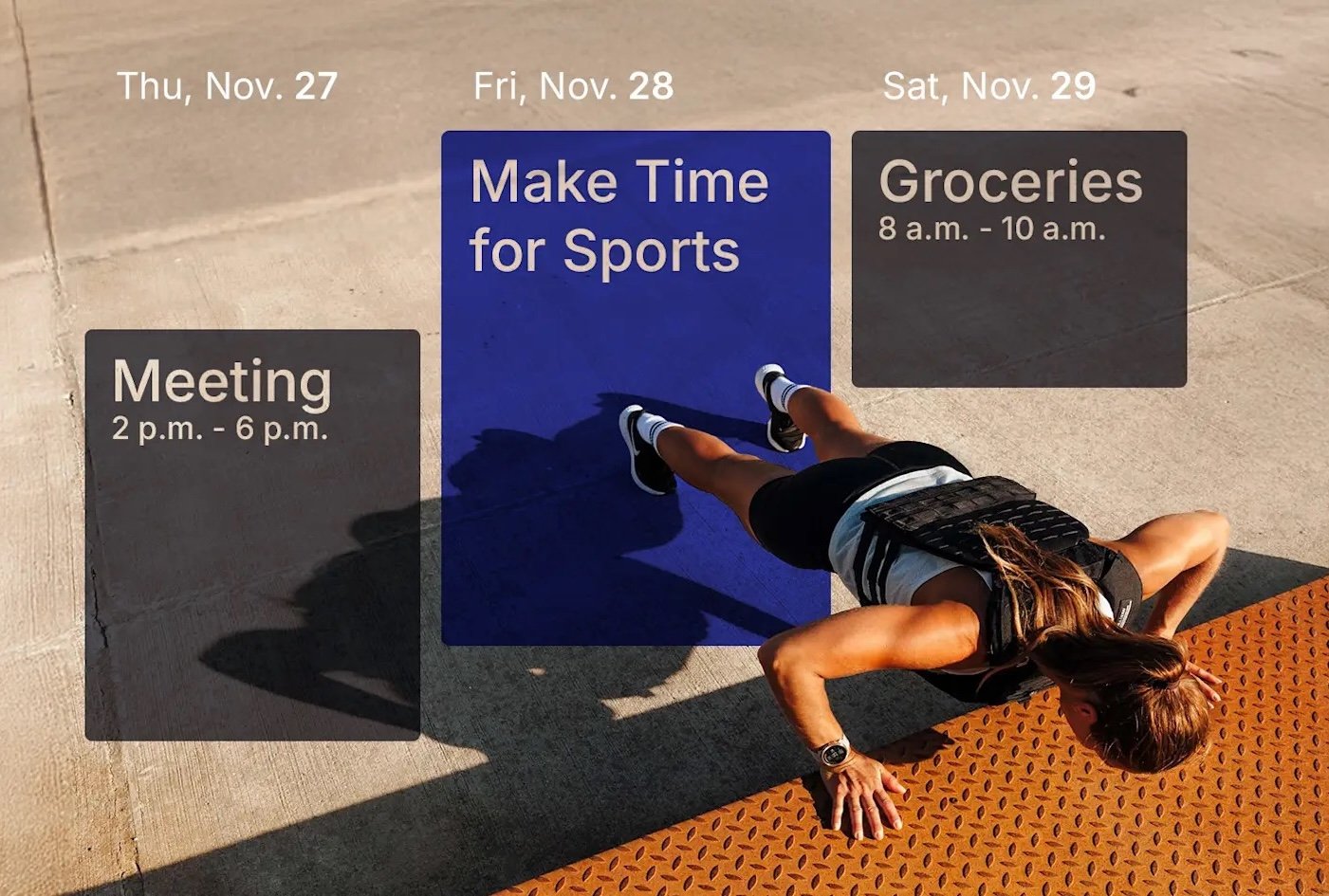Repair platform iFixit has launched FixBot, an AI-powered diagnostic tool designed to guide users through fixing everything from appliances to vehicles.
The system combines multiple AI models for language, voice, and vision with a custom-built search engine that pulls from iFixit's extensive library of repair guides, manuals, and community-generated content. Users can photograph their device's model number or upload images of specific components, and FixBot identifies parts, diagnoses issues, and walks them through repairs step-by-step. The tool cross-references millions of pages of technical documentation — including service manuals and specification tables — to surface answers that might be buried hundreds of pages deep in a PDF.
What sets FixBot apart from general-purpose chatbots is its grounding in real repair documentation rather than broader internet data. The company built a custom retrieval system and evaluation framework that tests responses against thousands of actual repair questions. When users encounter situations that don't match standard guides, they can upload photos and ask follow-up questions, with FixBot adapting its guidance based on what's actually in front of them. The system also includes a feature that helps users craft detailed forum posts when they need human expertise, walking them through questions about what they've already tried before directing them to iFixit's community.
TREND BITE
The launch has sparked debate within iFixit's community. Some contributors worry the AI will cannibalize forum activity, reducing the flow of new questions that generate fresh training data and leaving moderators with a "dumb chatbot and a dead forum." Others raise concerns about consent and environmental costs, questioning whether guide authors agreed to have their work used for AI training.
iFixit's response centers on pragmatism: their forum already struggles with repeated low-effort questions, with only 30-60% receiving answers. CEO Kyle Wiens argues they need a "helper" to handle repetitive queries and free up community members for more complex problems. Veteran contributor oldturkey03 endorsed the approach, stating that as long as content continues helping people repair devices, the delivery method matters less than the mission.
The tension reflects a broader question facing community-driven platforms: how to scale human expertise without diluting the knowledge base or alienating the people that make that expertise possible.


